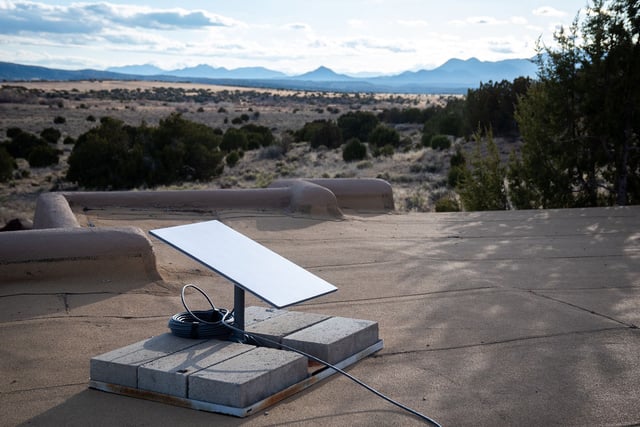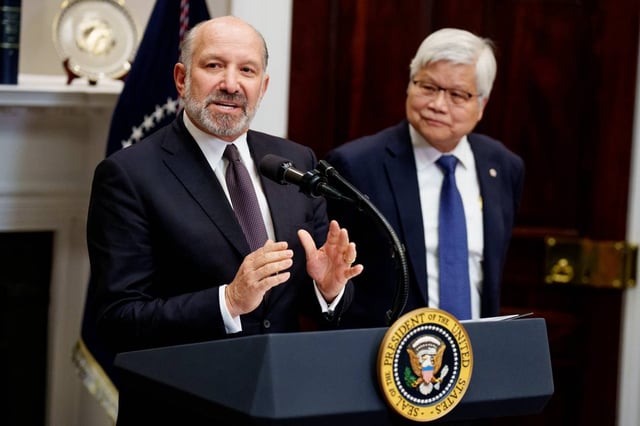Overview
- The U.S. Department of Commerce has announced significant changes to the Broadband Equity, Access, and Deployment (BEAD) program, removing Biden-era mandates prioritizing fiber-optic technology.
- Commerce Secretary Howard Lutnick stated the program will now focus on providing internet access at the lowest cost, emphasizing a technology-neutral approach.
- Critics argue the shift could favor satellite services like Elon Musk's Starlink and result in lower-quality, higher-cost solutions for consumers over time compared to fiber-optic broadband.
- Supporters of the changes believe they will streamline deployment, reduce regulatory delays, and expand internet access to underserved areas more quickly.
- States like Louisiana, Nevada, and Delaware, which had planned extensive fiber rollouts, may face delays as they adjust their grant programs to align with the new guidelines.

